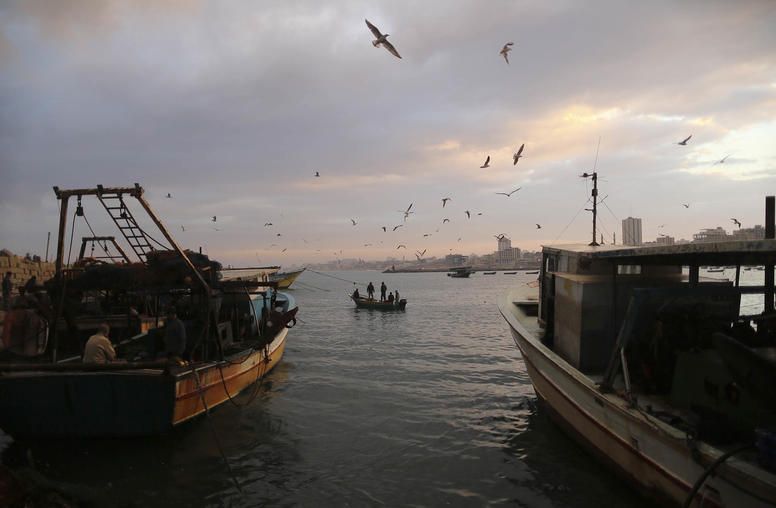All Eyes on the Egyptian Military
As events in Egypt continue to unfold, the world focuses on the role of the Egyptian military. USIP asked Middle East expert and congressional expert, Graeme Bannerman, to share his views on the situation.
February 15, 2011
As events in Egypt continue to unfold, the world focuses on the role of the Egyptian military. USIP asked Middle East expert and congressional expert, Graeme Bannerman, to share his views on the situation.
- How does the military in Egypt operate? What is their function?
- Has the Egyptian military evolved over time?
- Is it surprising that the Egyptian military intervened in the way it did?
How does the military in Egypt operate? What is their function?
In Egypt, the Minister of Defense is also the Minister of Military Production. The armed forces produce many of their own essential goods and services. They own large farms and produce most commodities consumed by the army. They have bakeries, water bottling facilities, and clothing manufacturing factories. The logic of these operations is that it assures the military of essential supplies and insulates them from corruption in the private sector.
Has the Egyptian military evolved over time?
A: 30 years of military cooperation between Egypt and the United States in some ways has transformed the Egyptian military. 30 years ago the officer corps was trained and educated in the Soviet bloc. Americans were viewed with suspicion, and as subverting Egyptian national interests. Being associated with Americans could be harmful to one’s career. Today, thousands of military officers have trained with Americans. They undergo the same human rights training as does the American military. They understand us-- and many have close personal friends in the American military. American officers and troops are no longer seen as threatening. Differences of policy are recognized, but these are issues to be discussed and not barriers to cooperation.
Is it surprising that the Egyptian military intervened in the way it did?
The Egyptian military only reluctantly intervenes in Egyptian domestic affairs. In the previous 35 years, they have interceded in internal affairs only three times- the 1977 IMF bread riots, the 1985 police recruit riots, and the 1997 terrorist attack in Luxor. Protecting civilians and restoring order were their primary objectives. In the context of the current situation, the military clearly faces more challenges than they ever have in the past. The violence of the last several weeks is beyond what anyone anticipated. They are balancing their desire for order and discipline with their duty to protect Egyptian civilians. The military will move cautiously, but firmly, with full awareness of their stabilizing role.
About the Author
Graeme Bannerman is founder of Bannerman Associates, an international consulting firm. He advises USIP on congressional issues. Graeme is a former staffer for Middle East and South Asia on US Senate Foreign Relations Committee (1979-1987), former Middle East analyst on US State Department Policy Planning Staff, and previously taught at several universities, including Georgetown University, the George Washington University, and the American University of Beirut. He has served as international observer of elections in Georgia, the Philippines, Haiti, Pakistan, West Bank/Gaza, Mongolia and Yemen.



